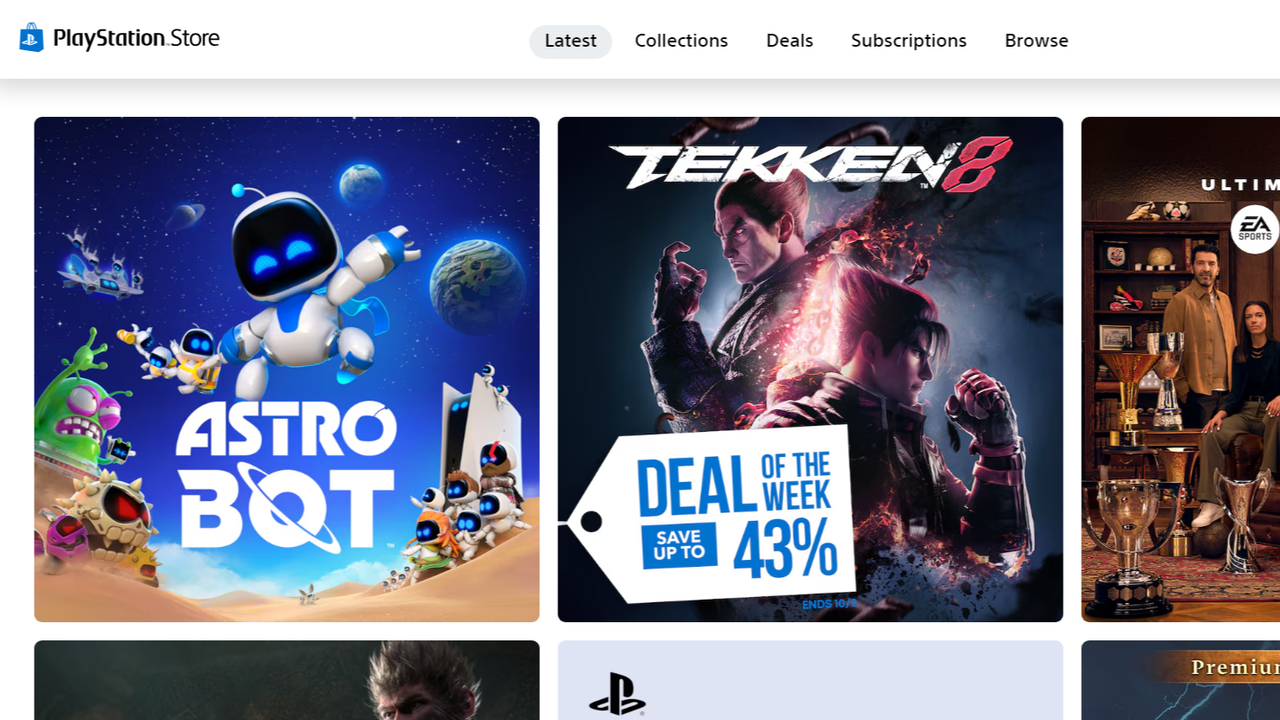California Governor Gavin Newsom has signed a bill into law that won’t stop companies from taking away your digitally purchased video games, movies, and TV shows, but it’ll at least force them to be a little more transparent about it.
As spotted by The Verge, the law, AB 2426, will prohibit storefronts from using the words “buy, purchase, or any other term which a reasonable person would understand to confer an unrestricted ownership interest in the digital good or alongside an option for a time-limited rental.” The law won’t apply to storefronts which state in “plain language” that you’re actually just licensing the digital content and that license could expire at any time, or to products that can be permanently downloaded.
The law will go into effect next year, and companies who violate the terms could be hit with a false advertising fine. It also applies to e-books, music, and other forms of digital media.



Why isn’t this a thing already? I mean, it’s USA, companies love to sue against illegal copies. No one got an argument like “I bought it so i was in the assumtion it belongs to me”?
The big company has more money to lawyer up. If a company can’t win, they can drain the plaintiff dry of money through legal fees.
Ah right, i forgot the pay to win judicial system of US.
I don’t understand why they don’t just charge both parties the average cost when one side has waaay more legal resources than the other. Seems like such an obvious issue with the legal system that even the founding fathers should have realized if they thought for a second.
Or they did and this is the intended system.
If anything, that would be worse. Imagine, you sue, and have a single lawyer, on a discount rate. They respond with a team of 100 highly paid lawyers. Your now paying 50-500x what your own lawyer is actually charging. This could also work in both directions.
Sorry what I meant is to pool both parties legal budget, divide it in half and give each the same amount.
Basically disarms all corporates from using their army of lawyers because their big army will never give them an advantage. So they would actually avoid legal battles cause it would cost them money with no unfair advantage.
Now, how do you define what a reasonable budget is? That basically becomes a fee to sue.
Same as speeding tickets in Nordic countries, it’s a parentage of total revenue. Im sure these details can be ironed out but the idea is that a corp can’t use its unlimited resources, it has to share said resources with their opponent to ensure a fair trail, otherwise it’s not justice imo.
That would be very easy to weaponise, particularly against smaller companies. Once you’re dealing with lawyers, you need to assume that worst case scenarios will rapidly become the default. You also then end up with even more red tape, deciding who should pay what, prior to the trial even starting.
How could it be weaponized?
It costs money (relative to your company size) to do any legal action, a big company suing means they lose waaay more $ than the small opponent.
Same thing with the small guy, it’s not a lot of $ to sue but it’s still a big chunk of your business so you would want to avoid unless your pretty sure the law is on your side.
Fun Fact: If you as an individual bought a game, made a copy, and gave it away then you have done nothing wrong.
Also, downloading an “illegal copy” for yourself is also legal. You have not distributed another person’s IP for profit, there are no laws against what you did.
If you sold the copy it would be illegal. If you gave away 500 copies it would be illegal. But creating and sharing a backup is fine.
You are for sure violating the copyright law by doing so. You have the right to make backups for personal archival but not to distribute. The second you share with someone else you are breaking copyright law.
In the USA, Copyright Infringement excludes nonprofit uses, but that becomes shaky very quickly when you run a network that distributes copyrighted work without permission because you are then harming the business that sells the items.
So, yes, you can distribute a copy to your friend and your friend can take said copy and no laws are broken.
Citation needed. Nonprofit educational uses, sure. But giving your friend a copy of a video game is certainly not fair use.